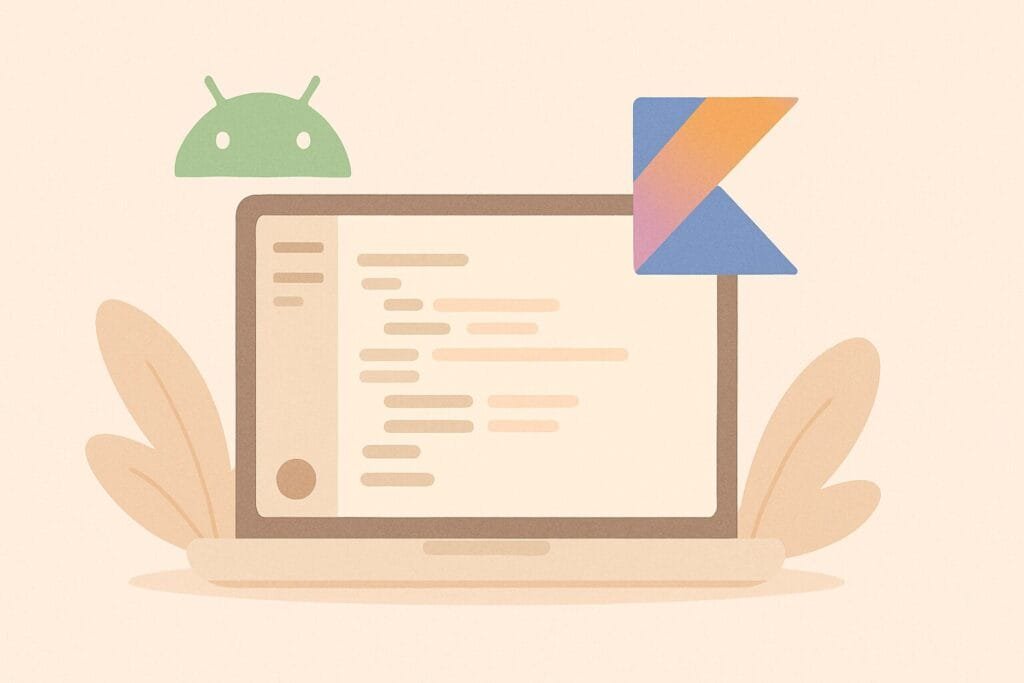If you’re looking to build high-quality Android applications, mastering Android Studio for Kotlin development is an essential skill. Android Studio is the official IDE (Integrated Development Environment) provided by Google, and Kotlin is now the recommended language for Android app development. Together, they form a powerful combination for building robust and scalable mobile apps.

Why Choose Kotlin with Android Studio?
Kotlin is a modern, concise, and expressive language that eliminates many of the common pitfalls found in Java. Since Google announced first-class support for Kotlin in 2017, the Android development community has widely adopted it. Kotlin’s interoperability with Java, its null safety, and coroutine support make it ideal for mobile development.
Meanwhile, Android Studio offers robust features such as:
- Real-time code analysis
- Smart code completion
- Built-in emulator
- Git integration
- Drag-and-drop UI design
- Instant Run
These features make Android Studio the best environment for Kotlin-based Android development.
Getting Started with Android Studio
To begin, you should download Android Studio from the official Android Developers site. Once installed, follow these basic steps:
- Create a New Project: Select Kotlin as the programming language when starting a new project.
- Familiarize with the IDE Layout: Explore the toolbar, project structure, and logcat.
- Use Kotlin-Specific Tools: Take advantage of Android Studio’s Kotlin Plugin, which enhances your development with additional syntax checks, compiler tools, and more.
Key Features to Master
| Feature | Benefits for Kotlin Development |
|---|---|
| Code Completion | Reduces time writing boilerplate |
| Refactoring Tools | Ensures safe and quick edits |
| Layout Editor | Simplifies UI design |
| Profiler | Helps optimize app performance |
| Emulator | Test apps without physical devices |
Mastering these features ensures that you’re not only writing code but also optimizing it effectively.
Advanced Kotlin Usage in Android Studio
After grasping the basics, move on to:
- Coroutines for asynchronous programming
- ViewModel and LiveData for MVVM architecture
- Jetpack Compose (modern toolkit for UI)
- Unit testing with JUnit and Espresso
Android Studio supports all these features with built-in tools and integrations.
Tips for Improving Productivity
- Use Live Templates: Create code snippets to speed up repetitive tasks.
- Enable Kotlin Linting: Maintain clean and consistent code.
- Keyboard Shortcuts: Learn the shortcuts for fast navigation and refactoring.
Learning Resources
To deepen your knowledge, consider using the official Kotlin documentation or taking a guided course from platforms like JetBrains Academy. These resources provide hands-on projects that help reinforce your learning.

